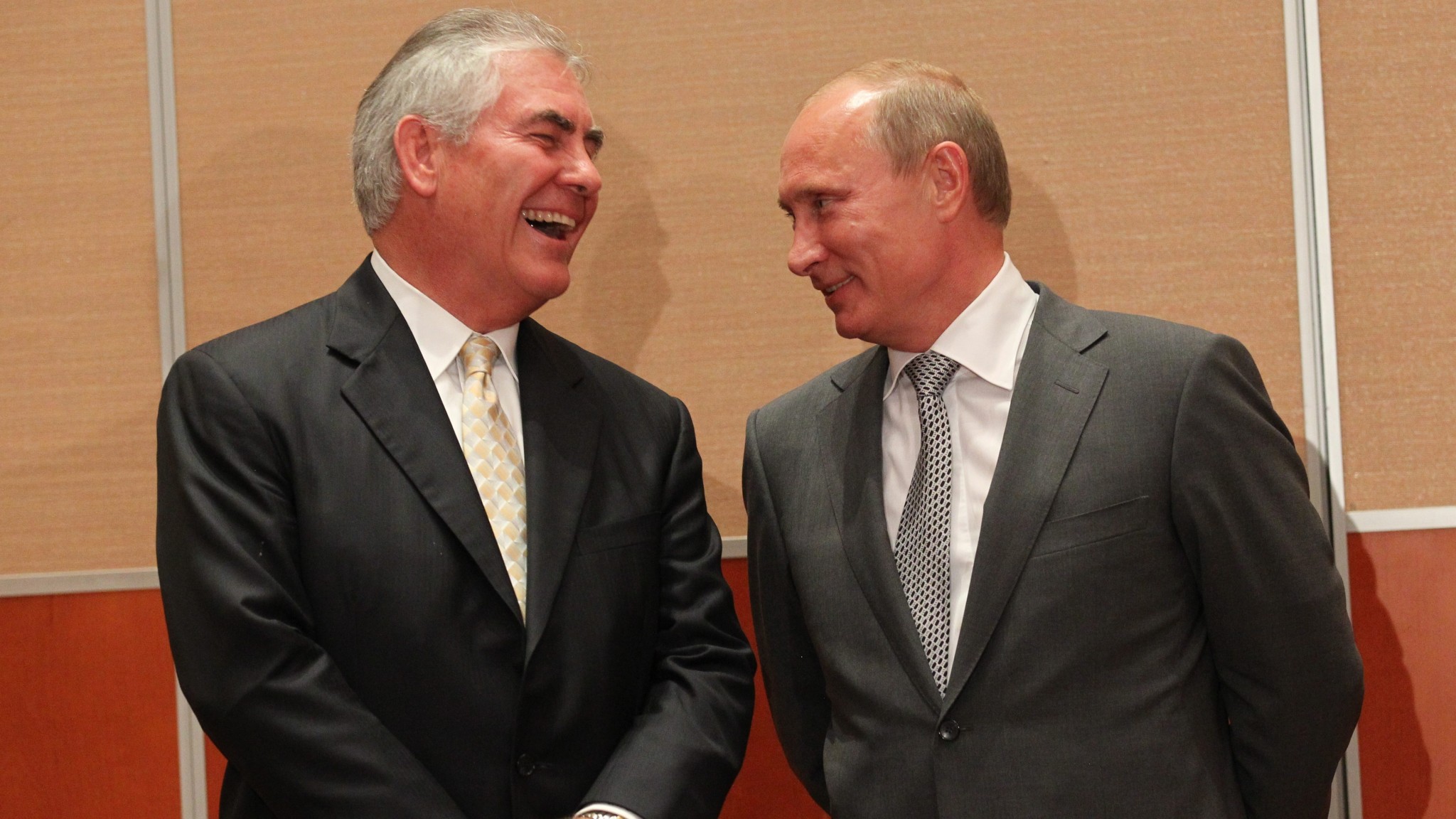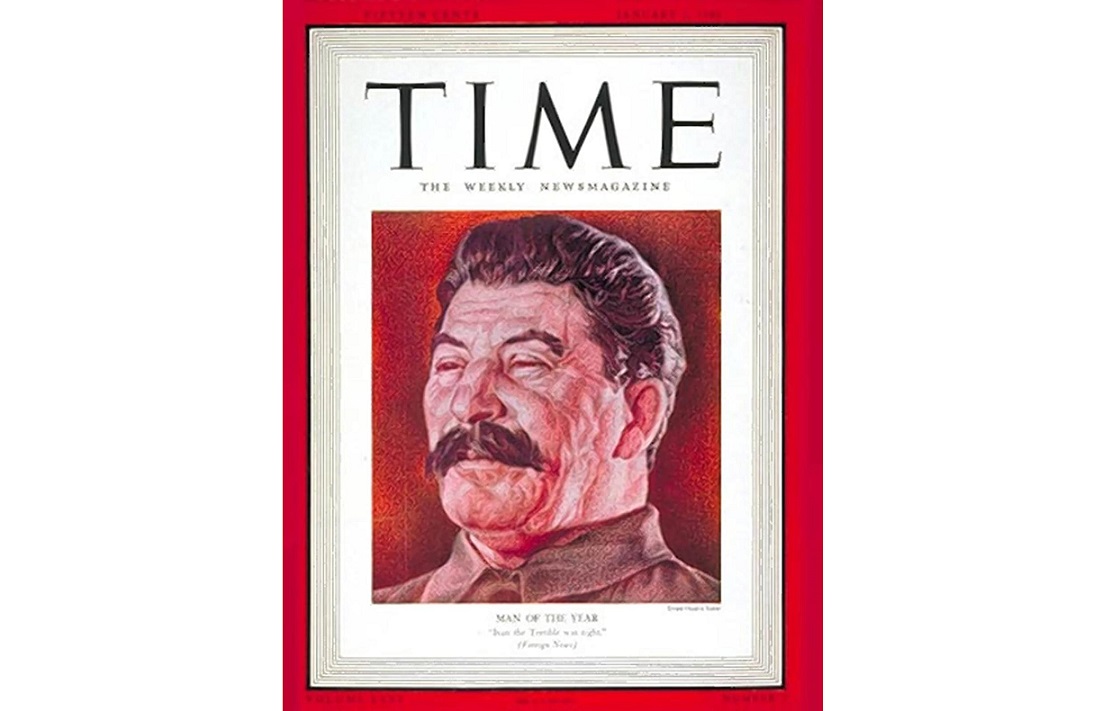A Russian blogger says that the basis of Vladimir Putin’s optimism about a new relationship between Moscow and Washington now that Donald Trump and his pro-business aides are set to come to power lies in the way Americans responded to Stalin in 1930.
“In June 1930,” Pavel Pryannikov notes, Time “put Stalin on its cover” and featured an article on how profitable it is for the US to do business with the USSR. Yes,” its authors said, “Stalin is ‘an SOB’ but he is ‘our SOB’” and Americans can make a fortune investing in his country.

Given that American response to Stalin and his five-year plan almost 90 years ago, the Moscow commentator says, many in Moscow assume that once again “pragmatism” will triumph in Washington and the US will not continue to punish Russia for what it has done in Ukraine and Syria because American firms will again gain the chance to make profits in Russia.
The only thing Stalin was and presumably Putin is afraid of is that the West will maintain a united front. Otherwise, the Kremlin leader will push this process of economic and thus political rapprochement further by playing the capitalists of one country against those of another to secure Moscow’s goals.
In 1930, Time reported that “among the influential friends of Joseph Vissarionovich Dzhugazhvili in American business circles were” the following companies: Standard Oil, General Electric, Ford, General Motors, International Harvester, National City Bank, Chase National Bank, and Equitable Trust.
In the pursuit of profit, as Time did not report, these firms and many others participated in projects like Stalin’s collectivization of agriculture which cost millions of lives and the construction of projects like the TurkSib Railway and the Stalingrad Tractor Plant, in which hundreds if not thousands more lost their lives.
As Pryannikov points out, the 1930 Time article ended with a quotation that may also have an echo now. The American weekly quoted Murray M. Singer, the owner of Bergdorf Goodman on Fifth Avenue in New York. According to the journal, the businessman could scarcely conceal his surprise after visiting Russia.
“Russian women are so delighted by the successes of Soviet power [in 1930] that they are completely uninterested in Parisian and New York fashion. They live,” Singer said, “in a completely different world.”
Related:
- Putin wants to do more than to install Trump as US president: he wants to destroy the West
- How Putin’s Russia is becoming Stalin’s USSR
- Putin using all means against the West — including Islamist terrorism — Piontkovsky says
- Trump’s victory: how scandal gave way to conspiracy theories
- Trump’s victory and the new political reality for Ukraine
- Trump’s energy and trade policies may hurt Russia more than Western sanctions do, Moscow analysts say








